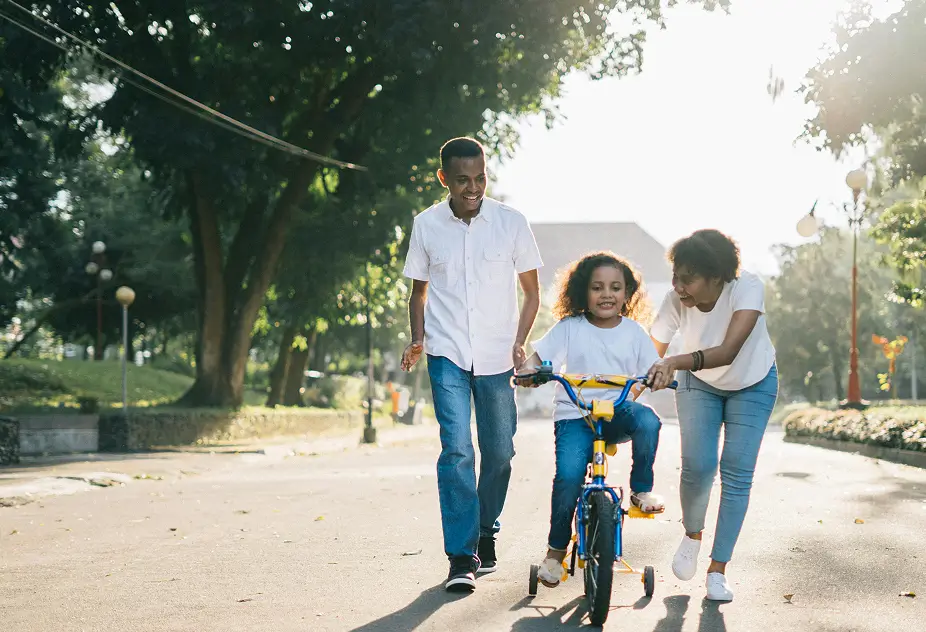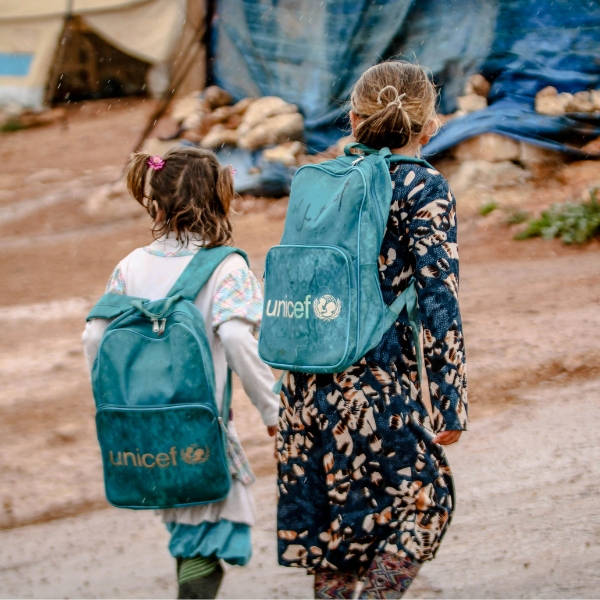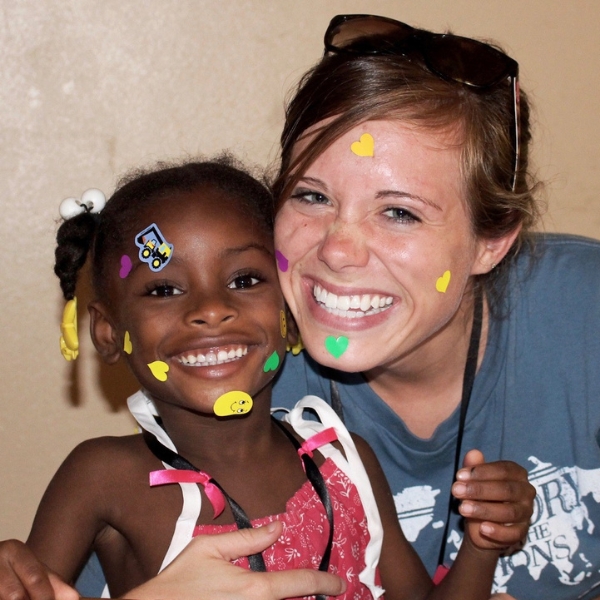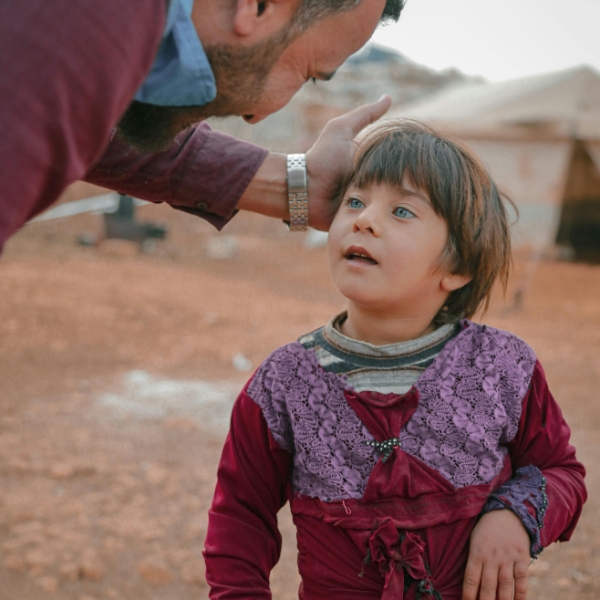
Caring for ourselves so we can better care for others
Self-care isn’t a luxury—it’s a necessity. By intentionally prioritizing your well-being, you build resilience, foster growth, and show up as your best self for both yourself and others.
Build Resilience
Start with self-care

Taking care of yourself isn’t a luxury—it’s a necessity. It’s not something to be earned or saved for later; it’s a fundamental practice that sustains your well-being and equips you to navigate life’s challenges. Prioritizing self-care allows you to recharge, build resilience, and show up as your best self for both yourself and others.
True self-care is intentional. It’s about making thoughtful, deliberate choices to nurture your mind, body, and spirit. Far from being selfish, prioritizing your well-being is an act of strength and self-respect. By embracing self-care as a daily necessity, you create space for growth, healing, and a greater capacity to care for those around you.
Compassion Fatigue
Compassion Fatigue and Burnout are real challenges for anyone caring for others, especially children from difficult backgrounds. Are you at risk, or already experiencing symptoms? In this webinar, you’ll learn how to recognize the signs, discover healing strategies, and explore proactive steps to prevent Compassion Fatigue and Burnout before they take a toll.

Practical Skills
Adverse Childhood Experiences (ACEs)
Adverse Childhood Experiences are significant traumas that can disrupt brain development, affecting a child’s behavior, emotional regulation, social skills, and academic performance.

Expert Advice
What Kind of Tired Are You? And Seven Kinds of Rest.
The key to incorporating rest into your life is knowing what kind of tired you are.
Read MoreGet tips delivered to your inbox!
Subscribe today for the latest Trauma Free World tips and tools.
By signing up you’re confirming that you agree with our Terms and Conditions.
Practicing Self-Care
Quick Tips and Tools
Explore practical tips and tools to build resilience through self-care practices, empowering those who care for individuals affected by trauma to stay strong, balanced, and effective in their support.
Healing from Your Own Childhood Trauma
Resilience Part 1
Resilience Part 2
Resilience Part 3
Creating a Healthy Belief System
Caring For Others
Strategies for trauma-informed caregiving
Trauma-informed caregiving involves understanding the impact of trauma on behavior and emotions, and using strategies that foster safety, trust, and empowerment. By incorporating compassionate, patient, and mindful approaches, you can create a supportive environment that promotes healing and resilience.

Self-Care Foundations
In this short course, explore the different types of rest and discover practical ways to care for yourself, helping you thrive and live fully even during difficult seasons.
Learn More
Self-Regulation
Explore the power of self-regulation—what it is, why it matters, and how to build it.

Trauma Informed Educators
This webinar equips educators with tools to understand and identify trauma, foster “felt safety” in the classroom, build stronger bonds as safe adults for students, and support children in navigating the learning environment to reach their full potential.
Learn More
Introduction to Trauma Informed Care for Caregivers
If you care for children—whether as a parent, grandparent, relative, or professional—this course is for you. It will equip you with the tools to navigate the big emotions and challenging behaviors that often accompany trauma.
Learn More
Trauma Informed Volunteers
Designed for organizations with volunteers, especially those working with children, this course covers three key trauma-related concepts and provides practical tools for immediate use.
Learn More
What is Trauma Competent Care?
Gain a practical understanding of trauma and its lifelong impact by exploring the seven essential skills of trauma-informed care.
Learn More